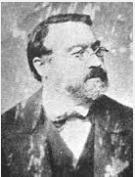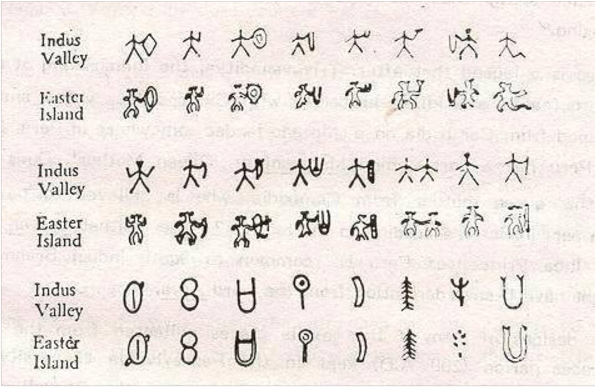By APP
ISLAMABAD: Prime Minister Mian Muhammad Nawaz Sharif on Thursday approved the National Health Insurance Scheme aimed at providing health care to some 100 million people in Pakistan.
The prime minister chaired a meeting to give in principle approval to launch the Health Insurance Program. The meeting was attended by Minister for Finance Ishaq Dar, Chairperson PM’s Youth Program Maryam Nawaz, Minister of State for Health Saira Afzal Tarrar, and senior officers of the health and finance ministries.
Maryam Nawaz, the architect of the scheme, gave a detailed briefing to the Prime Minister in which comparative study of major health blanket models of the European Union, United States and India and options for implementing the scheme in Pakistan were discussed.
“A health insurance programme is the only way forward to provide health care protection to economically deprived people of the society. The scheme is the first of its kind to introduce a grievance redressal system as well as social security safety net for the poor people of Pakistan,” he said.
PM Sharif said the programme will not only give the vulnerable sections of the society an access to cash free health facilities but will also help to develop and revolutionise the health infrastructure across Pakistan.
The prime minister further said the scheme will also increase public-private partnership in Pakistan and will open up further avenues for investment.”
The scheme would be completely apolitical and would provide a blanket for cash free treatment to the poor people of Pakistan for major diseases like cardiovascular diseases, diabetes mellitus and complications, burns and RTA (life and limb saving treatment, implants, prosthesis), end stage renal diseases and dialysis, chronic infections (hepatitis), organ failure (hepatic, renal, cardiopulmonary) and cancer treatment.
The meeting also decided to establish the first ever public sector human organ transplant center in Islamabad.
The prime minister directed the Ministries of Finance and Health to coordinate and finalise the technical modalities and implementation strategy in minimum possible time so that an early relief could be given to the people.
News courtesy: DAWN
Read more » http://www.dawn.com/news/1110761



